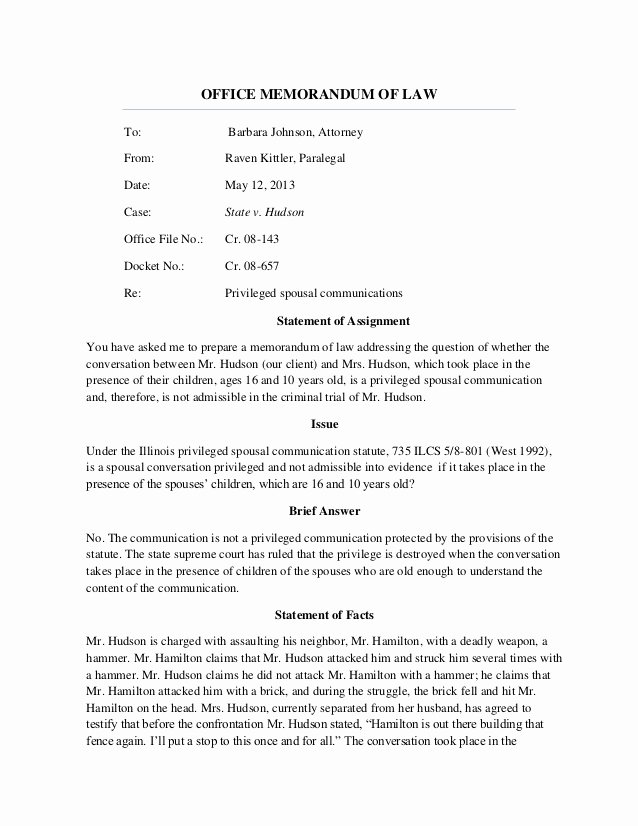The Rise of Qing Manchu Soldiers: A Historical Overview

The Qing Dynasty, China’s last imperial dynasty, is renowned for its military prowess, particularly the rise of the Manchu soldiers. These warriors played a pivotal role in the establishment and expansion of the Qing Empire, shaping the course of Chinese history. Understanding their origins, training, and impact provides valuable insights into the military and cultural dynamics of the era.
Origins of the Qing Manchu Soldiers

The Manchu soldiers, also known as the Eight Banners, originated from the Jurchen tribes of Manchuria. Under the leadership of Nurhaci and his son Hong Taiji, these tribes unified and adopted the name “Manchu” in 1635. The Eight Banners system, organized by ethnicity and function, became the backbone of the Qing military. This structure included the Manchu, Mongol, Han, and Han Army banners, each with distinct roles and responsibilities.
📌 Note: The Eight Banners system was not only a military organization but also a socio-economic framework that supported the Manchu elite.
Training and Discipline: The Key to Success

Manchu soldiers were renowned for their rigorous training and discipline. From a young age, recruits were trained in archery, horseback riding, and hand-to-hand combat. Their military education emphasized loyalty to the Qing Emperor and adherence to strict codes of conduct. This disciplined approach allowed the Manchu forces to outmaneuver and defeat larger armies, such as the Ming Dynasty’s troops.
The Conquest of China and Beyond

The Manchu soldiers were instrumental in the Qing Dynasty’s expansion. In 1644, they captured Beijing, marking the beginning of Qing rule over China. Over the next century, they consolidated control over vast territories, including Tibet, Xinjiang, and Mongolia. Their success was attributed to strategic alliances, advanced weaponry, and adaptability to different terrains.
| Key Campaigns | Year | Outcome |
|---|---|---|
| Capture of Beijing | 1644 | Establishment of Qing rule |
| Conquest of Tibet | 1720 | Integration into Qing Empire |
| Pacification of Xinjiang | 1759 | Expansion of Qing territory |

Cultural Integration and Legacy

As the Qing Dynasty expanded, the Manchu soldiers became increasingly integrated into Chinese society. They adopted Han Chinese customs, language, and traditions, while maintaining their distinct identity. This cultural fusion is evident in Qing art, literature, and governance. The legacy of the Manchu soldiers continues to influence modern perceptions of Chinese history and identity.
Checklist: Key Aspects of Qing Manchu Soldiers
- Origins: Unified Jurchen tribes under the Eight Banners system.
- Training: Focused on archery, horseback riding, and discipline.
- Conquests: Played a central role in establishing and expanding the Qing Empire.
- Legacy: Cultural integration and lasting impact on Chinese history.
The rise of the Qing Manchu soldiers is a testament to their military ingenuity, strategic prowess, and adaptability. From their humble beginnings in Manchuria to their role in shaping one of China’s most influential dynasties, their story remains a fascinating chapter in history. By understanding their contributions, we gain a deeper appreciation for the complexities of the Qing Dynasty and its enduring legacy.
Who were the Qing Manchu soldiers?
+The Qing Manchu soldiers were the military forces of the Qing Dynasty, organized under the Eight Banners system. They originated from the Manchu tribes of Manchuria and played a crucial role in the dynasty's rise and expansion.
What was the Eight Banners system?
+The Eight Banners system was a military and social organization of the Qing Dynasty, divided into Manchu, Mongol, Han, and Han Army banners. It provided structure and support for the Manchu elite and their military campaigns.
How did the Manchu soldiers impact Chinese culture?
+The Manchu soldiers influenced Chinese culture through their integration into society, adopting Han customs while maintaining their identity. This cultural fusion is evident in Qing art, literature, and governance.
Qing Dynasty,Manchu Soldiers,Eight Banners,Chinese History,Military History



